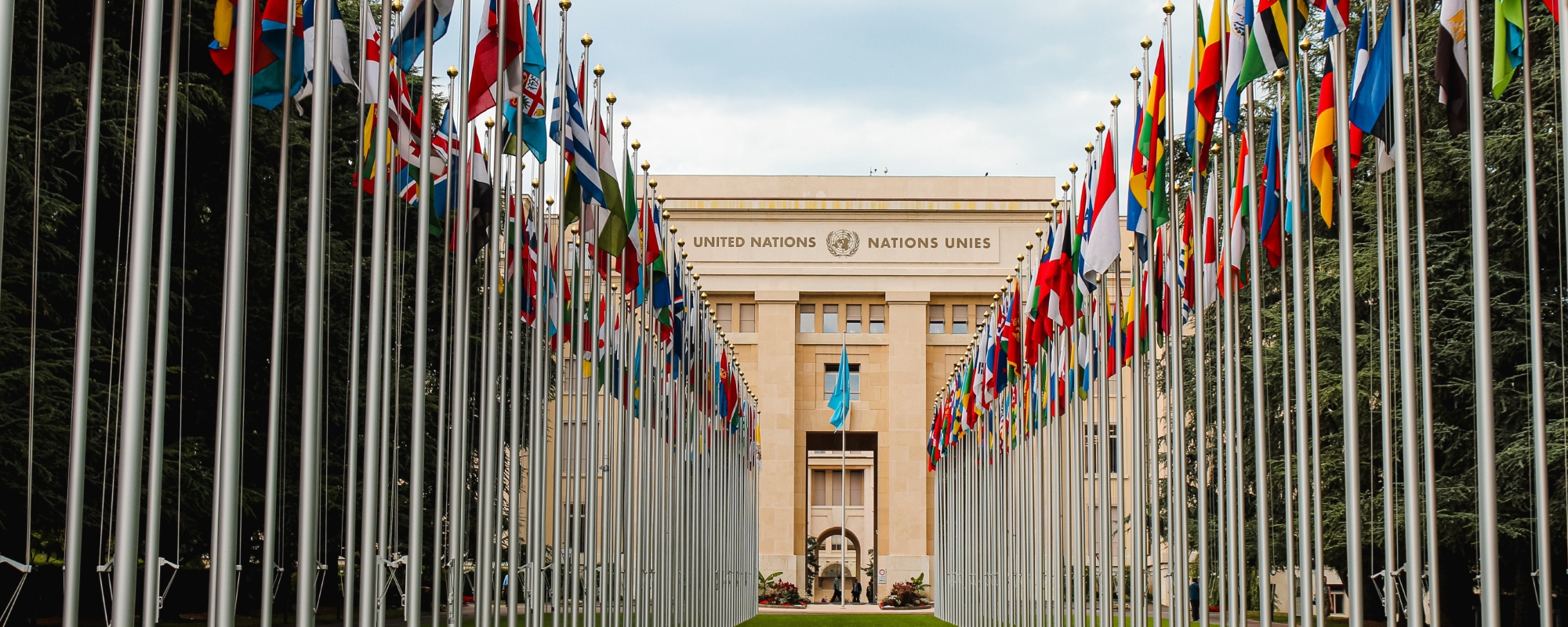Political Science and International Relations
Study Political Science and International Relations (PSIR) in Wellington, New Zealand's seat of politics and government.
Politics defines the world and drives our lives. Almost every aspect of our lives requires political activity of one sort or another.
Political activity is about the exercise of power. Political Science and International Relations asks fundamental questions about how power and resources are distributed around the world and what impact political decisions have on societies.
Political Science and International Relations are complementary and inter-related disciplines that pull the political dimension into focus. They provide language and concepts with which to explain, justify, and criticise the modern world.
The Political Science programme at Te Herenga Waka—Victoria University of Wellington was the first of its kind in New Zealand. What’s more, we are the only university in the country offering an undergraduate degree in International Relations.
Based in Wellington, the heart of New Zealand's government, the University is the ideal place to study politics. Our country may be on the edge of world affairs, but that gives us a unique vantage point from which to examine international relations.
Studying in New Zealand’s political centre
Situated in New Zealand’s capital city, we are especially well placed to give you the chance to study the nation’s politics, the institutions of government, and the manner in which foreign affairs are conducted. Here you can see the rough and tumble of politics-in-the-making. Being on the periphery of world affairs gives Wellington a unique vantage point from which to examine international relations.
Non-partisan analysis
Our courses are not designed to promote any specific ideological point of view or the policies of a particular political party or government. Rather, you will be exposed to the complexity and variety of political phenomena, both in the past and in the contemporary world.
You’ll be given the necessary tools to understand and critically analyse what you see happening around you. And you’ll be encouraged to evaluate the merits of leadership changes, governmental decisions, regimes, international treaties, foreign policy initiatives, armed interventions, and peace settlements.
Political Science and International Relations staff
Find contact details for staff working in Political Science and International Relations.
PSIR courses
Explore courses in Political Science and International Relations offered at Te Herenga Waka—Victoria University of Wellington.
Undergraduate PSIR
Get the tools to analyse and understand the political motivations at the root of the events shaping our world.
Postgraduate PSIR
Discover the range of postgraduate options in Political Science and International Relations—including PhDs and Masters degrees by coursework or research.
PSIR postgraduate students
See current research students in the Political Science and International Relations programme and view their thesis topics and supervisors.
PSIR prizes and scholarships
See prizes and scholarships available to students of Political Science and International Relations at Te Herenga Waka—Victoria University of Wellington.
Parliamentary Internship Programme 2023
Parliamentary Internship Programme 2022
The newest batch of Parliamentary Interns have been welcomed and inducted, and now are getting stuck into sampling life at parliament.
PSIR research
Find out more about the research interests and publications of our Political Science and International Relations staff.
Careers in Political Science and International Relations
Political Science and International Relations graduates understand diplomacy, conflict, power structures, and politics in a globalised world.

